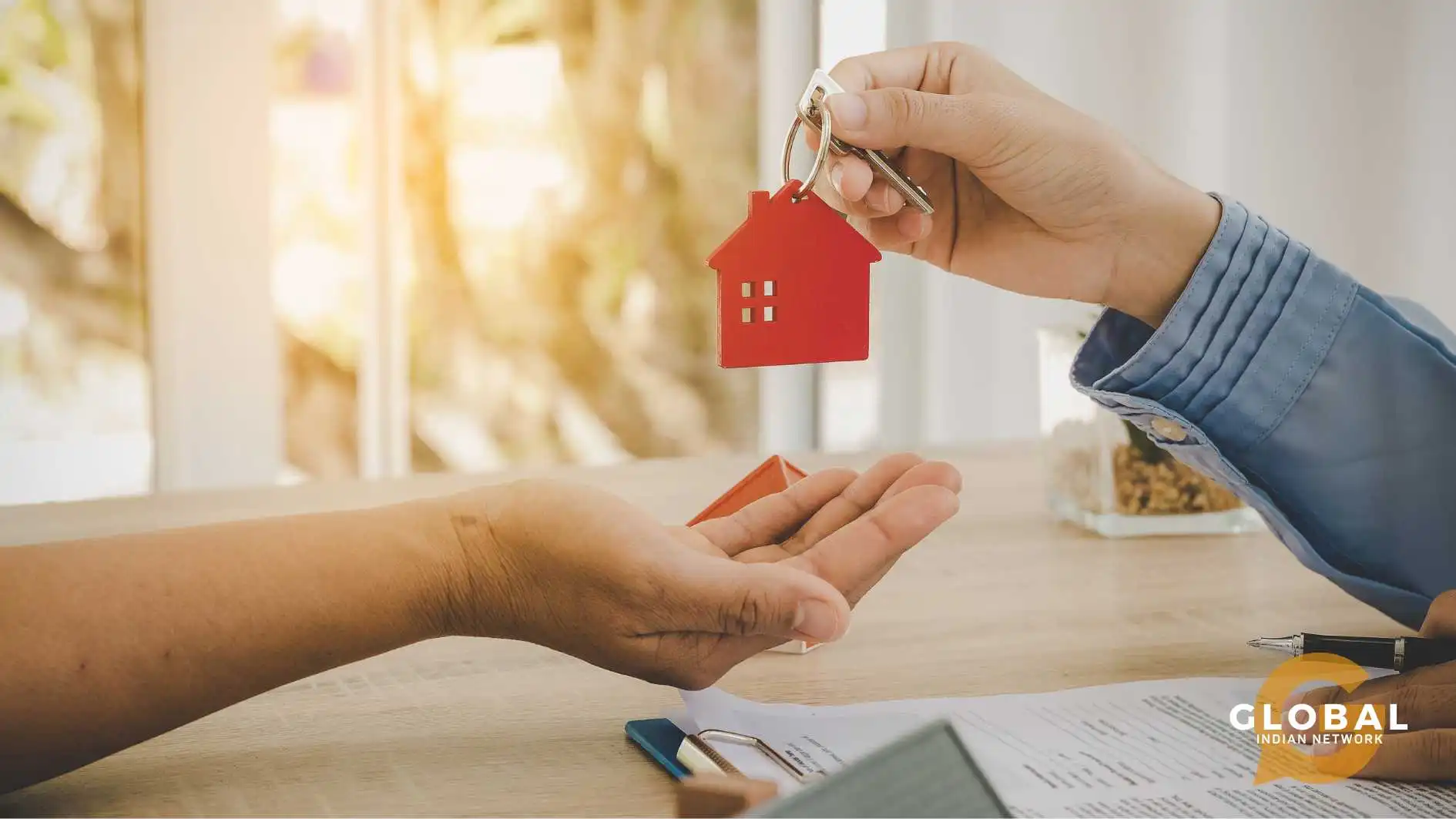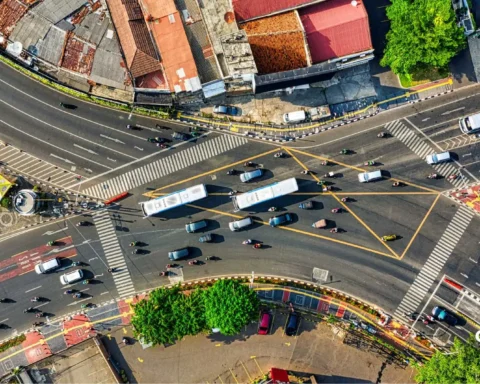The emergence of Cambodia’s economic growth has become an attractive proposition for foreign and domestic investors. For foreign buyers, the property and real estate market is becoming a conceivable avenue for investment. Whilst land ownership is a privilege reserved for Cambodian nationals, several avenues within the legal framework still exist that allow foreign ownership to enter the Cambodian property market. These alternatives include purchasing condominium units above the ground floor, entering into long-term lease agreements, or establishing land-holding companies with majority Cambodian ownership. In this article, we will take a look at the ways foreign investors can get involved in buying property in Cambodia and the various types of property available for use as commercial property.
Table of Contents
The Cambodian Real Estate Market
Before venturing into the business of property investment and acquisition in a foreign country, it is essential to learn more about how the property market operates in Cambodia, as well as the associated opportunities. For one, the economy in Cambodia is on the rise at the national level.
Frontier real estate markets, such as Cambodia’s, are less reliant on foreign capital to sustain their growth. Cambodian property is still under the radar of most investors, although that’s quickly changing. Multinational firms like Samsung, Nike, Toyota and more are all setting up operations in its major cities.
This growth is reflected in the real estate market, which has been growing consistently over the years, offering rental yields of 4-8% depending on the type of property. However, the participation of foreign individuals in buying property in Cambodia is regulated by various laws.
While foreigners can buy property in Cambodia, it is important that the laws governing this are different to those that pertain to those with Cambodian citizenship. An example of this is that the Cambodian government does not permit non-Cambodian citizenship holders land ownership but does allow them to have co-owned buildings, with the exception of the first floor. Familiarization with this and other property laws is essential.

The Ways of Buying Property in Cambodia
As mentioned before, there are several ways for foreign owners and foreign-owned businesses to acquire property titles in Cambodia. These include the following:
Condominium Building Ownership.
Purchasing condominiums is the most straightforward option for foreigners looking to own property in Cambodia. This approach allows direct ownership of apartments or condos in co-owned buildings, provided they are above the ground floor. This ensures that control of the land remains with the citizens.
Ownership of these condos is typically through a “strata title,” which grants full ownership rights to your unit. This option is particularly popular in urban areas, offering a straightforward path to property ownership for foreigners in Cambodia.
This is one of the most preferred means of property ownership, as it provides rental income and offers a return on investment from the rental properties.
Long-Term Lease Contracts
For those interested in landed properties or commercial real estate, a suitable option is long-term leases. Foreigners can enter into lease contracts for land, houses, or commercial properties, typically for periods of 50 to 99 years, with the possibility of renewal.
For example, if you intend to establish a manufacturing facility in Cambodia, you can secure a lease for 50 years or longer, with renewal options available. These leases offer numerous advantages similar to ownership, such as the right to inherit or transfer the lease.
Nominee Structure
In addition to long-term leases, another option that is often used by foreigners in Cambodia is to use a trusted Cambodian citizen as a nominee to purchase property on their behalf. However, this approach carries significant risks, as you are not the legal owner of the property and must rely heavily on trust.
This method is referred to as nominee structures and carries with it significant risk, as you are not the legal owner of the subject property. However, a trust agreement between the parties can be signed in order to protect your interests. It is recommended that, in addition to the trust agreement, the property being purchased is also mortgaged using your (the foreigner’s) name as the loan provider.
Common Pitfalls and How to Avoid Them
Buying property in Cambodia can be a rewarding investment, but there are several common pitfalls that buyers, especially foreigners, should be aware of. One of the biggest issues is unclear or disputed land titles. Some properties may have no title, a soft title (a type of land title recognized by the local government but not nationally), or overlapping claims. To avoid this, always verify ownership through the Ministry of Land Management and prioritize properties with hard titles, which are registered at the national level and offer the highest legal protection.
Another common mistake is dealing with unreliable agents or developers. The Cambodian real estate market is still developing, and some operators may lack professionalism or transparency. Scams and unfinished developments are not uncommon. Always conduct thorough background checks and work with licensed agents or law firms that have a strong reputation.
Additionally, many buyers underestimate the full cost of the transaction. Taxes, transfer fees, legal services, and ongoing maintenance can add significantly to the purchase price. To avoid unexpected expenses, prepare a comprehensive budget and understand all applicable costs. Additionally, one can contact a real estate agent who will be able to handle most intricacies.
RELATED READING: Can Foreigners Buy Property in Cambodia? Here’s What You Need to Know Before You Invest
Conclusion
For foreign investors, buying property in Cambodia is an avenue for business expansion. Cambodia, specifically, being a market that is not too dependent on foreign capital, provides a safety net, which means that when a recession hits the international market, countries like Cambodia are less affected. However, it is important to be aware of the variety of laws and ways that one can carry out this venture whilst minimizing the many risks that are associated with business operations.

FAQs
How much does Land cost in Cambodia?
The average price of land in Cambodia varies depending on factors such as location, size, and development potential. In popular areas like Phnom Penh and Siem Reap, prices can range from $50 to $500 per square meter or more, depending on the specific location and amenities available.
Can I live permanently in Cambodia?
There are no residence requirements in Cambodia apart from obtaining a current and valid visa. Cambodian permanent residency can be granted on a case-by-case basis, but this is at the discretion of the King and can depend on language ability and other factors.
What are the types of land in Cambodia?
The 2001 Land Law introduced a land classification system to Cambodia. There are three main categories: private land, state public land and state private land.









